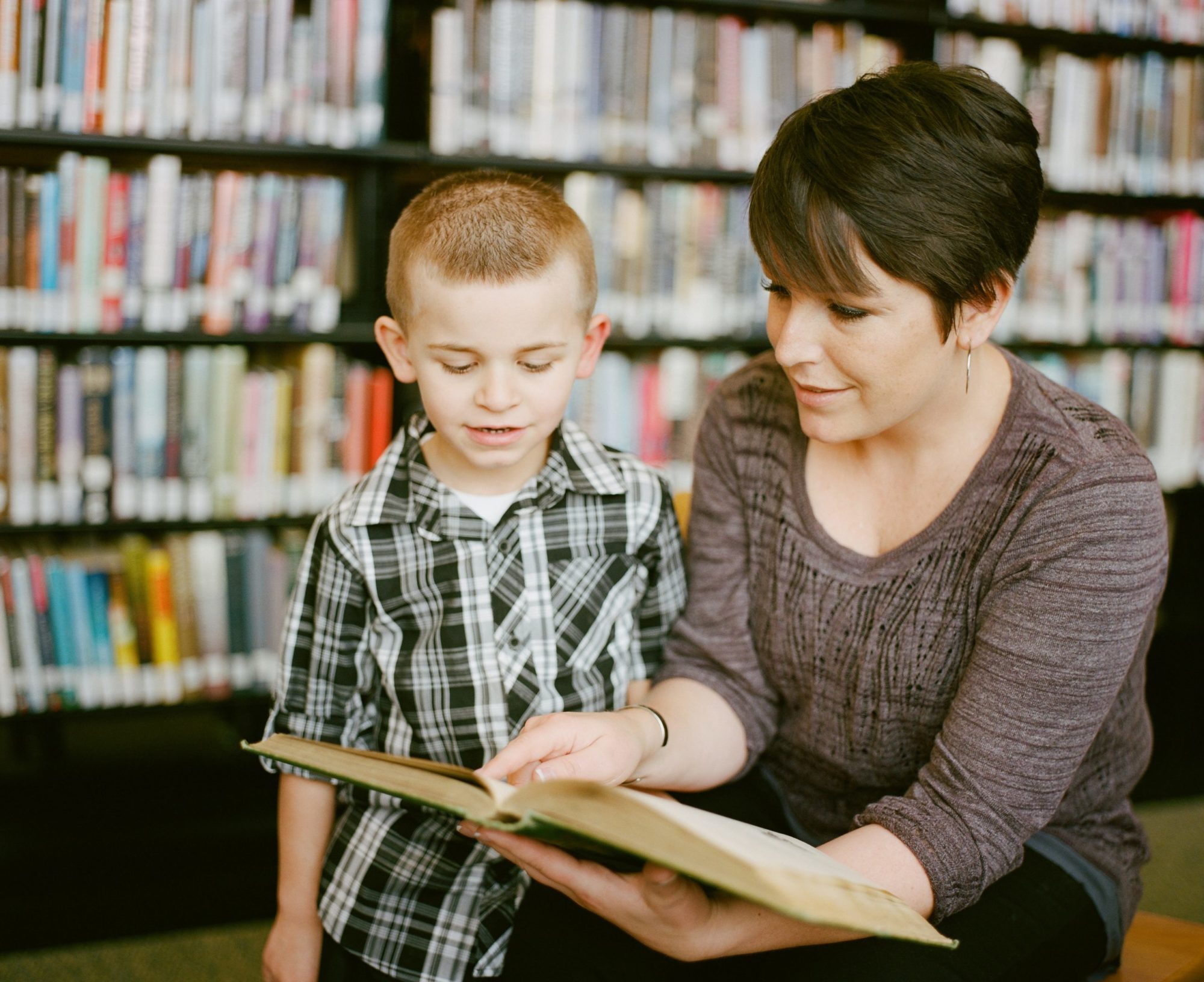The worship of children: benefits and potential drawbacks

The worship of children, what is it about?
Our children are the most precious thing we have. That’s obvious! They are the apple of our eyes. We can’t stand anyone frustrating, hurting, or neglecting them. But did you know that it hasn’t always been like this? In past centuries, children were, like animals, ignored, neglected, and regularly molested by the adults around them. A radical change has taken place in less than two centuries, and today children are at the heart of all our concerns. We want to protect them. We also do everything possible to promote their development: we want them to learn as much as possible. We want to give them the tools to do well in their studies, to feel good in their bodies, to be fulfilled in their leisure activities, to surround themselves with their best friends, to find happiness with a partner, and so on. We have many plans and ambitions for our children! This new way of looking at children has benefited them on several levels.
It has also profoundly changed the way we view parenting. Parents no longer use their authority to impose things. They no longer make the child obey by forcing them or threatening them with reprisals. All forms of violence, whether verbal (e.g. insults) or physical (e.g. smacking), are strongly discouraged. They are even prohibited in a large majority of European countries. Parenting practices have changed: parents are now warm and caring. They let their children make their own choices, state their opinions, and actively explore the world. They also try to avoid getting disproportionately angry with their children or in their presence. And when they do, they feel guilty. They favor positive emotions when interacting with their child: many parents believe that pleasure, pride, enthusiasm, or calmness must be central to every interaction.
To guide them in this challenging undertaking, experts such as psychologists, coaches, and doctors surround them and give them advice about matters such as sleep, food, education, toys, leisure activities, and communication. These recommendations are conveyed to parents through the media, posters, conferences, popular books, specialist consultations, etc.
Although these recommendations are sometimes useful for juggling the various parental responsibilities, they can also be a source of extra pressure for parents. They may lead them to feel that they are never doing enough for their children. Parents may be tempted by this advice to overprotect their children, or even to protect them from any possible bad experiences. They may also be tempted to over-stimulate them by swamping them with extra-curricular activities. These things are not necessarily good for either the parent or the child: they can lead to exhaustion for the parents and make the child feel anxious to do everything perfectly, to be the best at everything they do. By overprotecting children, we risk making them unable to cope with difficulties and frustrations. If we over-stimulate them, we prevent them from developing the ability to tolerate boredom and disappointment. And by focusing too much on their needs, we prevent them from developing the capacity to take into account the needs of others.
To protect ourselves and our children from the possible excesses of the worship of children, we need to find the right balance that allows us to keep the good aspects of this culture in which children are doted on while also practicing ‘good enough’ parenting that leads to well-balanced children.

